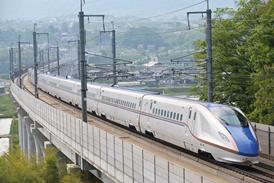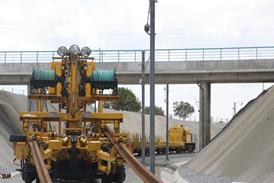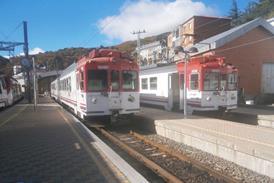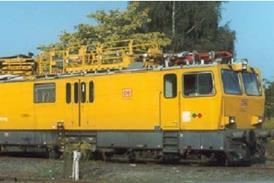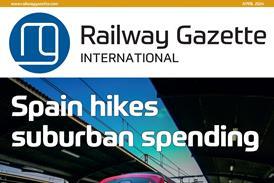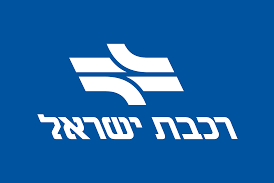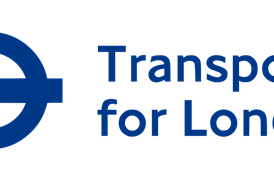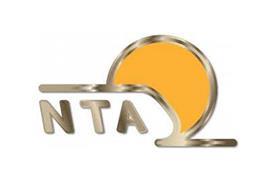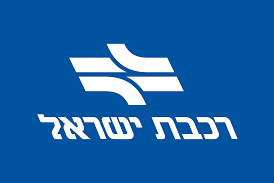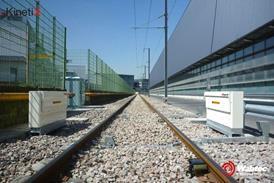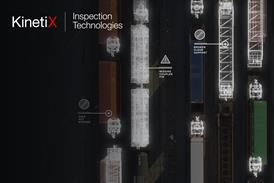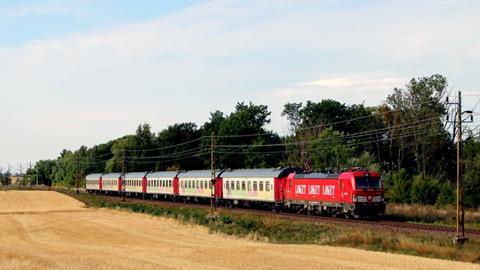
EUROPE: Open access operator Snälltåget has decided not to bid for the contract to operate the Swedish government’s proposed overnight service between Stockholm, Malmö, Hamburg, Köln and Brussels.
Transport authority Trafikverket is currently tendering the night train operation on behalf of the government, which signed an agreement with Denmark earlier this year. An invitation to tender was sent to operators in January, with the agency expecting to evaluate the bids this month before awarding a contract in August or September. This would give the preferred operator almost a year to prepare for a start of service by August 1 2022 at the latest.
ÖBB’s Nightjet business is expected to bid, having reportedly invited expressions of interest in refurbishing a batch of AB32 sleeping cars for use on the route.
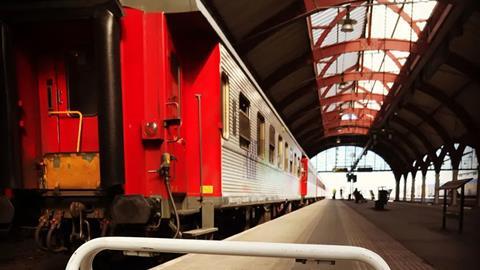
Snälltåget had already raised its concerns about potential unfair competition on the Stockholm – Hamburg route, where it will be running its own trains linking the Swedish capital with Berlin. The seasonal service had been due to start this month, but has now been put back to June 27 in the light of the coronavirus pandemic.
Announcing on April 22 its decision not to bid, the company again emphasised that the proposed Stockholm – Brussels service raised a ‘significant risk that another operator could operate services with state aid from Sweden and Denmark’ in competition with its own overnight trains.
Insisting that it would ‘welcome fair competition on the tracks’, Snälltåget reiterated that a better approach would be to improve conditions for operating cross-border night train services in a way that would benefit all operators, such as lowering track access charges, simplifying the tax rules ‘in the same way as for air travel’ and providing a harmonised regulatory framework between countries. It said these were ‘important prerequisites for making international rail travel, both at night and during the day, more attractive for customers — with competitive prices and more departures’.
Pointing out that track access charges in Sweden had increased by 140% between 2014 and 2022, Snälltåget said the increased cost ‘ultimately has to be paid by the customer’, which reduces the competitiveness of rail against other modes.
Citing research by the Swedish government agency Trafikanalys, Snälltåget said the introduction of competition for domestic inter-city services in Sweden had seen passenger volumes increase by 21% during 2014-19, whereas ridership in Denmark, where there was no competition, had declined by 5%. On the Malmö - Stockholm route, where Snälltåget has been operating since 2009, analysis by Stockholm’s KTH university suggested that the number of seats offered had increased by 13% between 2010 and 2019, while the average fare paid had fallen by 20%.
‘With more operators on the tracks and therefore more choice, we see travel increasing and the cost of travelling by train decreasing’, the company concluded.

